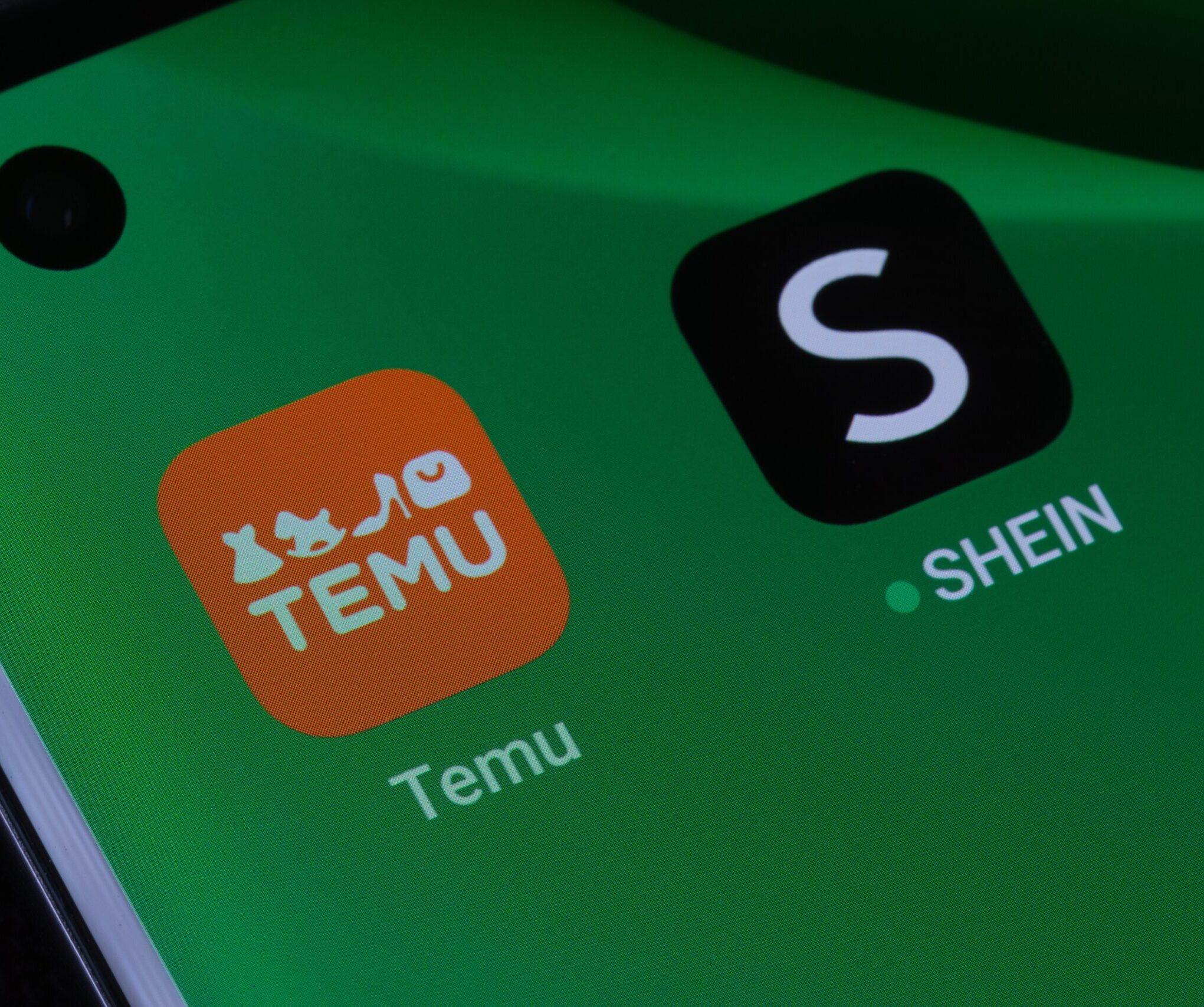In the constantly changing world of giants in e-commerce, two names have recently come up as contenders for top spot in terms of affordability and popularity: Temu and Shein. They have gained attention because of their rapid growth in the field and also for their affordable products. It’s important to comprehend the distinctions between their approaches to business and not just compare them. For more information, click is Temu owned by Shein

The change in the temu’s elevation and decrease
Temu’s rise to fame is undoubtedly comparable with Shein’s awe-inspiring story. Both businesses are experiencing exponential expansion and have gained the attention of budget conscious shoppers. The affordability of the products is what makes them attractive. They allow shoppers to be fashionable without spending an arm and a leg. Many have asked whether Shein’s and Temu’s products made from the same fabric?
Similarities and differences
Temu shares the same trait like Shein in that it offers products that are cost-effective However, they’re far from being mirror-images. Temu stands out thanks to its revolutionary Next Gen Manufacturing model that can provide significant cost savings across various product categories. This model utilizes advanced manufacturing techniques to streamline manufacturing processes, ultimately cutting cost of overhead and passing the benefits to customers.
Shein is known for its fashion-forward approach and concentrates on clothing, accessories, and other related items. Shein’s selling point is that it stays on the latest fashions and offers a range of options that can be adapted to different tastes. This emphasis on fashion and adjacent verticals like accessories and beauty has allowed Shein to make a name for its own.
The latest business models in the microscope
Temu’s Next-Gen Manufacturing model deserves a closer look. Temu improves the supply chain and manufacturing processes by leveraging modern technologies like AI data analytics, data analytics and automation. They can improve the quality of their products and cut costs for production. Temu is able to offer various products in a range of categories ranging from electronics to household goods with very affordable costs. This is different from Shein who concentrates on fashion and its cousins.
Shein covers a broad spectrum of trends in fashion. But the business model is based on a constant updating of inventory to stay current with trends in fashion which are constantly changing. It requires quick production, design and distribution cycles. This has led to its success, particularly in younger people who are looking for low-cost pieces with trendy designs.
The importance of ownership is in the owner.
One question asked is if Shein is the proprietor of Temu. This assumption is false. Temu is a separate entity that has its own ownership structure. Temu is an independent company in the field of e-commerce focusing on its unique manufacturing approach, while Shein remains distinct and is known for its trendy products.
The Takeaway
It’s not hard to find parallels in the turbulent seas of ecommerce between companies that have similar growth paths. The story of Temu and Shein shows that, despite their similarities however, their differences are significant. Their contrasting approaches to manufacturing, business, and focusing on market demand highlight their individuality.
Temu’s Next-Gen Manufacturing program is a prime illustration of how to innovate across the industry of ecommerce. Through the use of technology to streamline the efficiency of its operations, Temu not only reduces costs, but also raises the level of affordability across a broad range of categories. In addition, Shein’s dedication to fashion trends and speedy product turnover ensures that it is positioned as a trendsetter within the fashion e-commerce market.
The issue as to whether Temu is similar to Shein exposes some of the peculiarities of the e-commerce landscape. Both cater to buyers who are cost conscious, their strategies, business models and specializations differ in significant ways. Temu’s manufacturing capabilities and Shein’s nimble fashion savvy reveal the variety that exists within the online shopping ecosystem. As consumers and online shoppers we should take the time to appreciate the distinctness of each platform and explore the ever-expanding realm of online shopping.